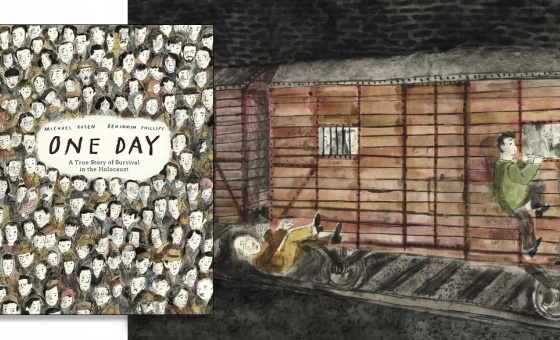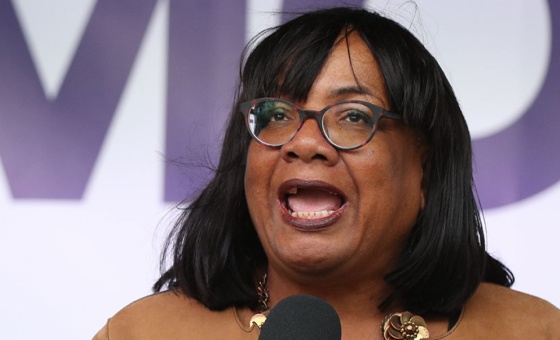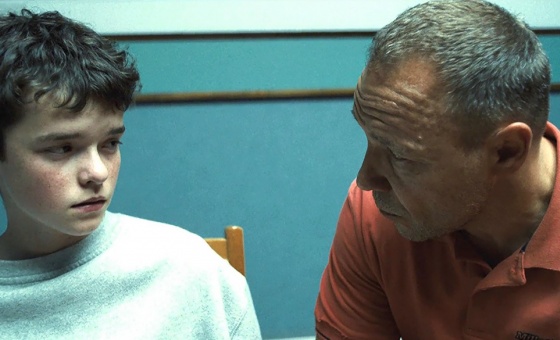THE conquest of ethnic Armenian Nagorno-Karabakh by Azerbaijan is an unfolding disaster.
It has all the hallmarks of an ethnic cleansing operation. Regional leaders said today that the 120,000 Armenians in Nagorno-Karabakh would leave en masse as they did not feel safe.
Why would they? Since Azerbaijan last launched a war there in 2020 observers have documented torture and extrajudicial executions by its forces.
Cultural bodies like Caucasus Heritage Watch have protested at evidence of the destruction of Armenian churches, their conversion into mosques or intrusive “restoration” projects removing Armenian inscriptions.
There are grim precedents. Shusha, a city retaken by Azerbaijan in 2020 whose cathedral is undergoing one such “restoration,” had its Armenian population massacred by Azeris in 1920.
It was an aftershock of the Armenian genocide, in which upwards of a million Armenians were put to death by the Ottoman empire and young Turkish republic.
Does the history matter? Azerbaijan is a Turkic country and a close ally of Turkey, which armed and trained its military before the 2020 war.
Turkish President Erdogan has intervened in the Libyan and Syrian civil wars and occupies part of north-east Syria, leading Damascus to accuse him of wanting to rebuild an Ottoman-style empire. He has openly celebrated the ethnic cleansing wave that accompanied the birth of the modern Turkish state, threatening Greece with “another Izmir,” referring to the elimination of the Greek and Armenian populations of that city (then known as Smyrna) in 1922.
The Armenian genocide was a forerunner of the worst crimes of the 20th century. The transition from multinational empires to nation-states was complex, and for some nations had a genuine element of liberation.
But the notion that a state ought to be ethnically homogenous was used from the start in Turkey and later by fascist regimes to justify the seizure of land and the expulsion, and ultimately the extermination, of other races.
Nor should socialists ignore the use to which this nationalism was put by US president Woodrow Wilson following the end of the first world war. National liberation from the Austrian, German and Russian empires (for Europeans, not colonised territories) was counterposed to the socialist internationalism of the Russian Revolution, an alternative vision of “liberation” that left the class structure of Europe intact.
But territories inhabited by a mix of races cannot be easily defined as belonging to one or another.
The determination to draw ethnic borders has led to repeated bloodshed in the Caucasus since the collapse of the Soviet Union.
It was also used to justify the dismemberment of Yugoslavia in a series of brutal wars, and erupts sporadically into violence in Serb-majority North Kosovo to this day. It prompted Ukrainian nationalists to attack the rights of Russian speakers after the 2014 coup, and is now used to defend an expansionist war allegedly in their defence by Moscow.
These conflicts are erupting again because nationalist “solutions” last only as long as one side has the power to subdue the other.
Azerbaijan’s hand has been freed by Russia’s entanglement in Ukraine. Russia has brokered a ceasefire as it did in 2020, but these amount to Azerbaijani victories imposed despite the evidently pointless presence of 2,000 Russian peacekeepers.
Five Russian soldiers were even killed in last week’s fighting without Moscow feeling confident enough to react, either because it is overstretched or because good relations with Turkey are its best hope of fragmenting the Nato war machine.
Regional conflicts, given the interest of major powers in exploiting local grievances, equate to flashpoints that could lead to wider wars.
And the prospective flight of the entire Armenian population of Nagorno-Karabakh is a tragedy, the effacing of a people and their culture.
Those resisting this catastrophe deserve our solidarity — while we fight for all countries to respect the rights of minority peoples and reject the divisive politics of nationalism.











